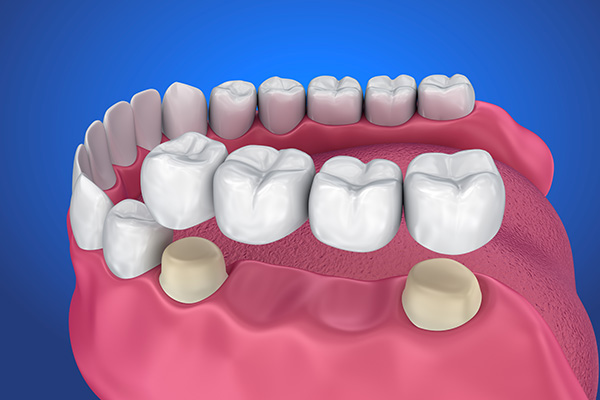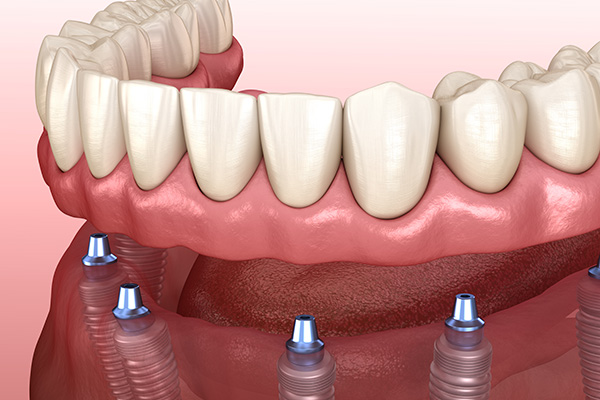Pediatric Dentist Versus a Family Dentist

Should children be seeing a family dentist or a pediatric dentist? While many adults and teenagers see a general or family dentist for all dental concerns, is that the best choice for children? This decision is a dilemma that many parents face as young children begin to develop baby teeth. While for some parents the answer is obvious, others need to weigh the pros and cons of bringing a child to a dental specialist versus a general practitioner, who is also capable of performing the same care with the convenience of being the family dentist. However, to appropriately weigh the pros and cons of such a decision, it is necessary to understand the differences between pediatric and family dentistry.
Getting to know the differences
There are several objectives to consider when a parent is deciding on which dentist is best for a child: Development, experience and anxiety. Development refers to tooth growth and health. As a parent, the primary goal is to set children up with a healthy routine and a regular dentist to ensure continuity of care. Next, a child should have a decent experience with the dentist to create a level of comfort around dental visits. Last, a parent should be concerned with a child’s emotional state. Rational or not, many children and adults fear the dentist, and it is a parent’s job to find the professional best suited to reducing that anxiety. Therefore, while each type of dentist is capable of performing the same duties, they have different approaches to each service and environment, which should be considered.
Family dentist
A family dentist is typically a general dentist, which means that they do not have any specializations. However, this lack of a specialty does not mean that a family dentist is not capable or qualified to perform dentistry. Every licensed dentist undergoes schooling and qualifying testing to be licensed and certified by the state. Although, as a general dentist, the patient pool is varied, meaning that the dental experience is not geared toward children, which may make a dental visit more difficult for a child, especially for an initial visit and exam.
Pediatric dentist
Pediatric dentistry, alternatively, is a specialty, and one that requires an additional two to three years of study. The additional schooling is specifically geared toward children's behavior, needs and unique dental issues. Also, the practice is entirely geared toward children's overall experience with the dentist. Therefore, the additional training and focused approach to the practice of dentistry provides parents and children with several advantages over a family dentist:
- Certified and trained to treat children specifically
- More experience with children equates to more familiarity with childhood dental issues
- Smaller dental tools geared more toward children
- Offices designed around children, making for a fun experience
- Experience and training in preventative care for children
- Certification prepares for caring for special needs children
Conclusion
While a family dentist is qualified to treat people of all ages, a pediatric dentist has received training to specifically treat children. Therefore, when searching for the right dentist for children, it may be wise to look for someone specializing in pediatric dentistry.
Request an appointment here: https://whiteflintfamilydental.com or call White Flint Family Dental at (301) 273-1085 for an appointment in our Rockville office.
Check out what others are saying about our services on Yelp: Read our Yelp reviews.
Recent Posts
Dental implants are a newer option for replacing missing teeth. They involve a titanium screw inserted into the jawbone, and then months later, once the jawbone has healed and the screw is fused into the bone, a crown is attached to the screw.It can be expensive to get dental implants, but since they offer full…
There are many options for replacing missing teeth that don’t include regular dentures. Implant-supported dentures are an affordable option compared to regular dentures and are better for your health. They can improve your diet, confidence, and overall health. These implants don’t require or use anything except clips to keep them in place. It can improve…
Considering Invisalign®? Modern-day dentistry has allowed for the evolution of many types of teeth straightening options. Clear aligners are offered by a number of brands, with Invisalign® being the most popular. However, individuals who are considering teeth straightening may also consider braces, which are known to be the standard method for correcting crooked teeth, crowded…
If you're considering your options for replacing missing teeth, you may want to know when you should make your decision. In short, as soon as you can. Now, this is not always an option nor available at a moment's notice.Depending on the route you go, you're going to have to wait to let things heal.…


